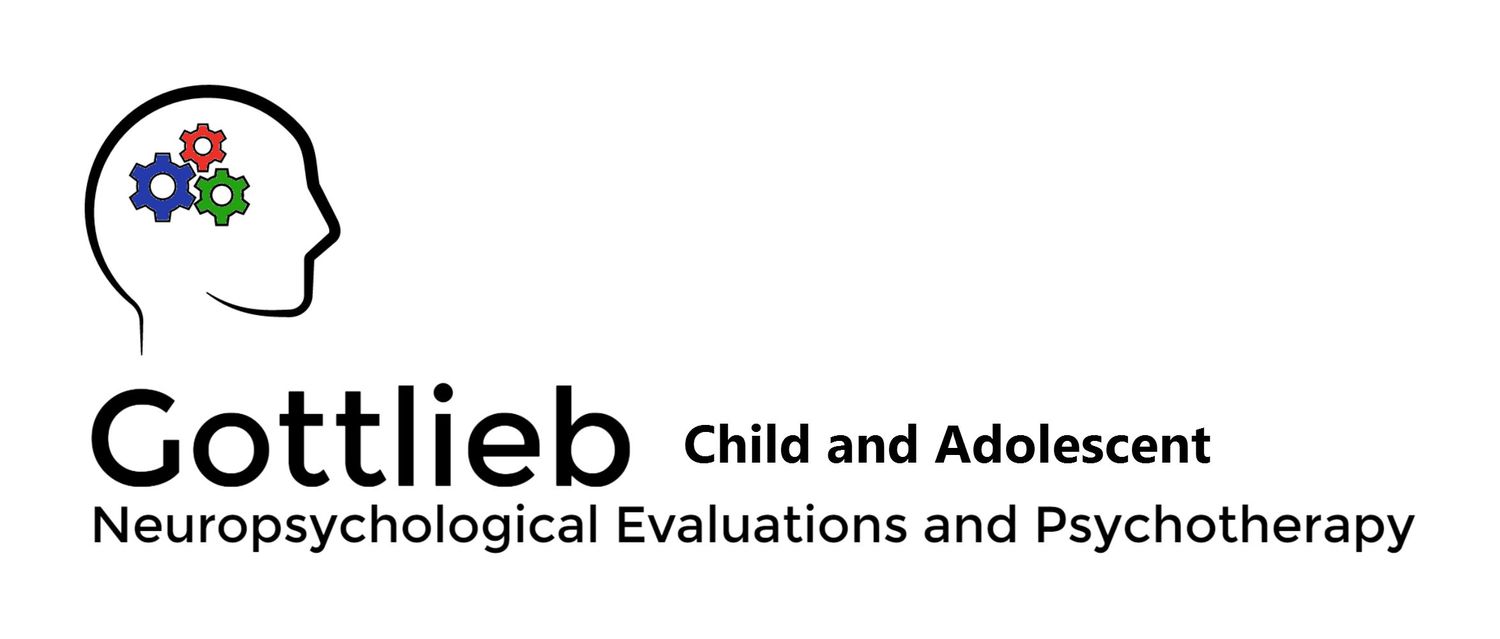Childhood Anxiety: Recognizing the difference between stressful circumstances and clinical anxiety
/Springtime is a wonderful time of year; however, it can also be a stressful time for children and teens of all ages. For younger kids and preteens, it’s the time of year for state mandated testing in schools, which can certainly raise stress levels. For teens, it is the time of year when seniors hear back from colleges and many juniors begin the college application process. These adolescents are confronted with major decisions about their future, a source of worry and anxiety for many. For those seniors waiting to hear from colleges, it can be a time of anticipation and apprehension.
As a parent, how can you tell whether your child or teen is experiencing heightened levels of stress due to temporary circumstances versus if he or she has clinical levels of anxiety and should see a therapist? When parents ask me, I tell them to consider the length of time and the impact of the stress on your child’s life. How frequently does he or she experience this anxious behavior? How long have the worries been a concern? To what extent do their worries negatively affect your child’s life?
Many children and teens suffer from debilitating worry. Recent national polls have found that 1 in 8* children suffer from anxiety. Many kids miss school, social activities, and a good night’s rest due to ongoing worrying. With this in mind, what signs should parents be looking for? Anxiety can present through physical, emotional, and behavioral signs, and the following list provides common indicators for each of these categories.
Physical Signs of Anxiety
Your child complains frequently of headaches or stomachaches, for which his or her pediatrician has found no medical reason;
If your child’s eating habits have changed significantly, including an increased or a decreased appetite. Again, you should first seek out your pediatrician to rule out any physical reasons for this behavior; however, if those are ruled out and your child is still not eating properly, it could be a sign of anxiety;
He or she starts to shake or sweat during mildly stressful situations, such as school testing or performances; and
Your child has trouble falling or staying asleep through the night.
Emotional Signs of Anxiety
Your child cries often, especially in response to seemingly minor issues;
Your child is extremely sensitive to feedback, even when the content is not critical in nature;
He or she is irritable regularly, without any clear reason;
Your child is afraid of making even minor mistakes;
He or she has regular panic attacks or is afraid of having panic attacks (Panic attack symptoms may include sweating, trembling, shortness of breath, a choking sensation, chest pain, nausea, dizziness, fear of losing your mind, fear of dying, skin flushing, a racing heartbeat or heart palpitations, feeling that danger is nearby, and feeling an intense need to escape the situation.);
Your child has phobias (e.g., bees, dogs, shots) or exaggerated fears (about things like natural disasters) that prevent him or her from participating in activities or interfere with his or her daily life; and
Your child has frequent nightmares about losing a parent or loved one or is obsessing about death in general.
Behavioral Signs of Anxiety
Your child asks “what if?” constantly, and it’s related to terrible things happening. For example, “What if an earthquake happens?” or “What if a robber breaks into our house?”;
Your child avoids participating during circle time or other class activities at school every day;
If your child refuses to go to school on a regular basis;
When your child avoids social situations with peers after school or on weekends that he or she used to enjoy (e.g., extracurricular activities or birthday parties);
If your child constantly seeks approval from parents, teachers and friends, and reacts negatively to any form of constructive criticism; and
Your child frequently says “I can’t do it!” without a real reason.
If your child is showing the aforementioned signs on a regular basis, I urge you to seek mental health support for him or her. There will always be stressors in life, and you can’t protect your child from everything. However, therapy can help your child learn to manage his or her anxiety and continue to function in life, even when stressed or worried. It is important to keep in mind that untreated anxiety tends to get worse over time. When a child—and sometimes the whole family—works to avoid triggering situations, the worries only grow more powerful. The best way for children and teens to conquer anxiety is to learn to face and master their fears.
If you are concerned about your child’s anxious behavior, I encourage you to contact me for assistance. I look forward to working with you and your child to provide strategies and support. Please don’t hesitate to call me at 703-825-0502.
Shira Gottlieb, Psy.D., Licensed Clinical Psychologist
Dr. Gottlieb is a licensed clinical psychologist. She received her B.A. in psychology, with a minor in neurobiology, from Harvard University, and her Psy.D. from the George Washington University. Dr. Gottlieb utilizes an integrative approach to therapy, incorporating both CBT and Family Systems techniques. Treatment goals are discussed with the child/adolescent and family, and are developed with the individual child's needs in mind. For more information on Dr. Gottlieb please visit her website at http://www.gottliebchildpsych.com/


